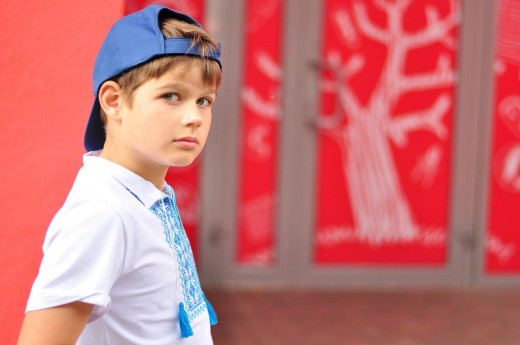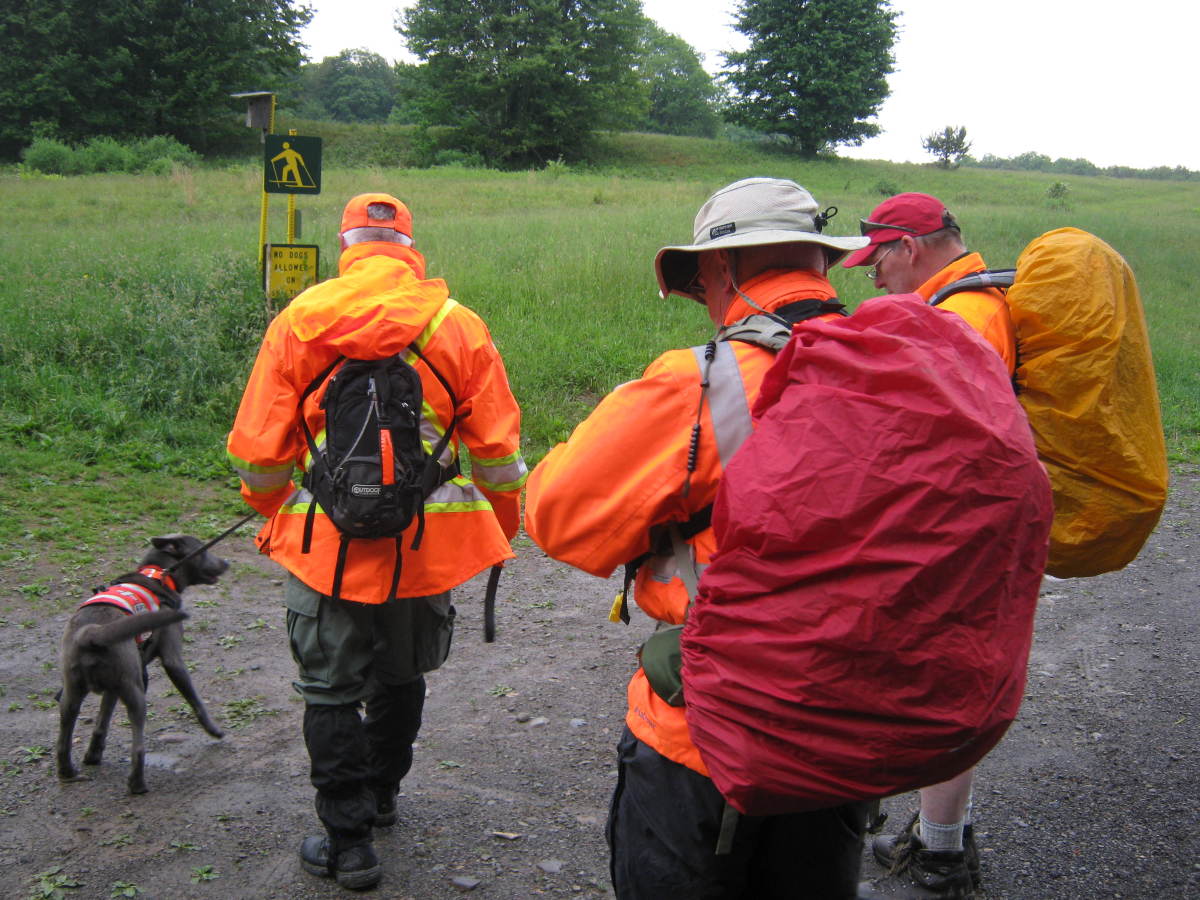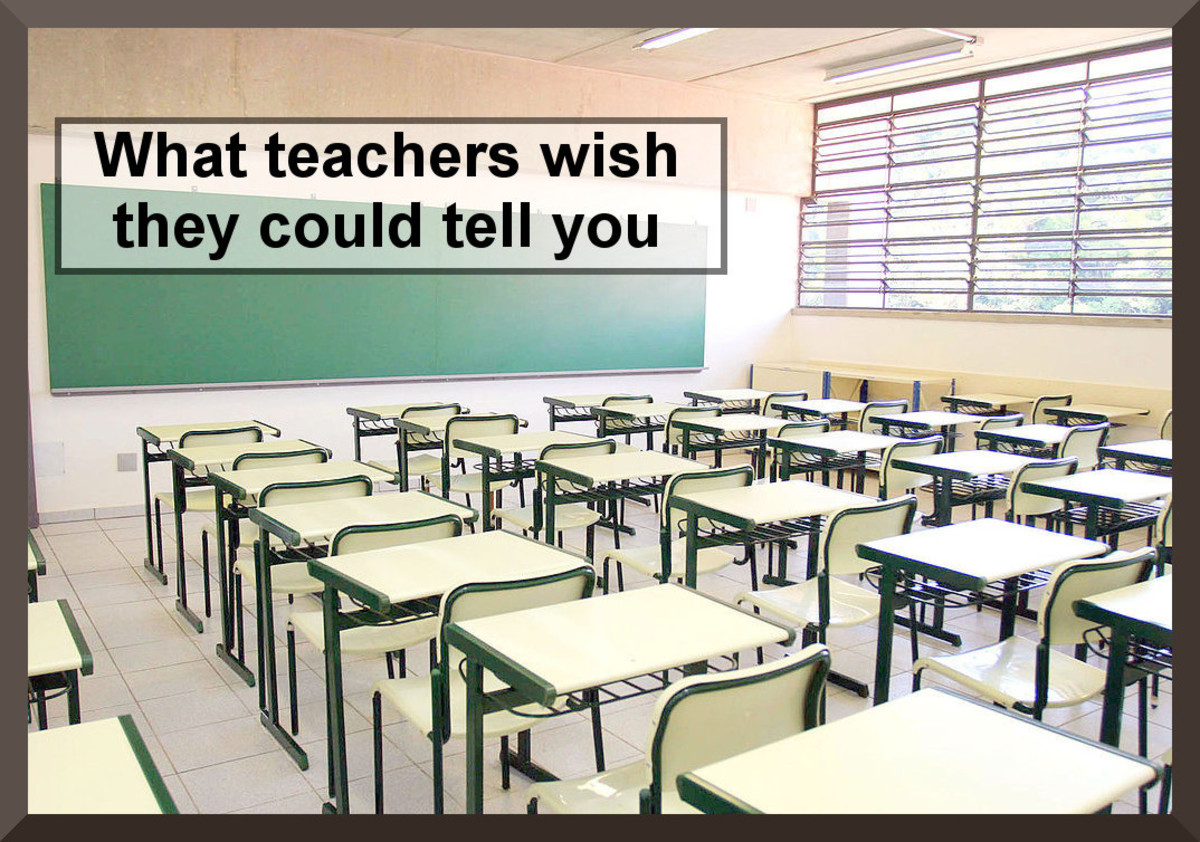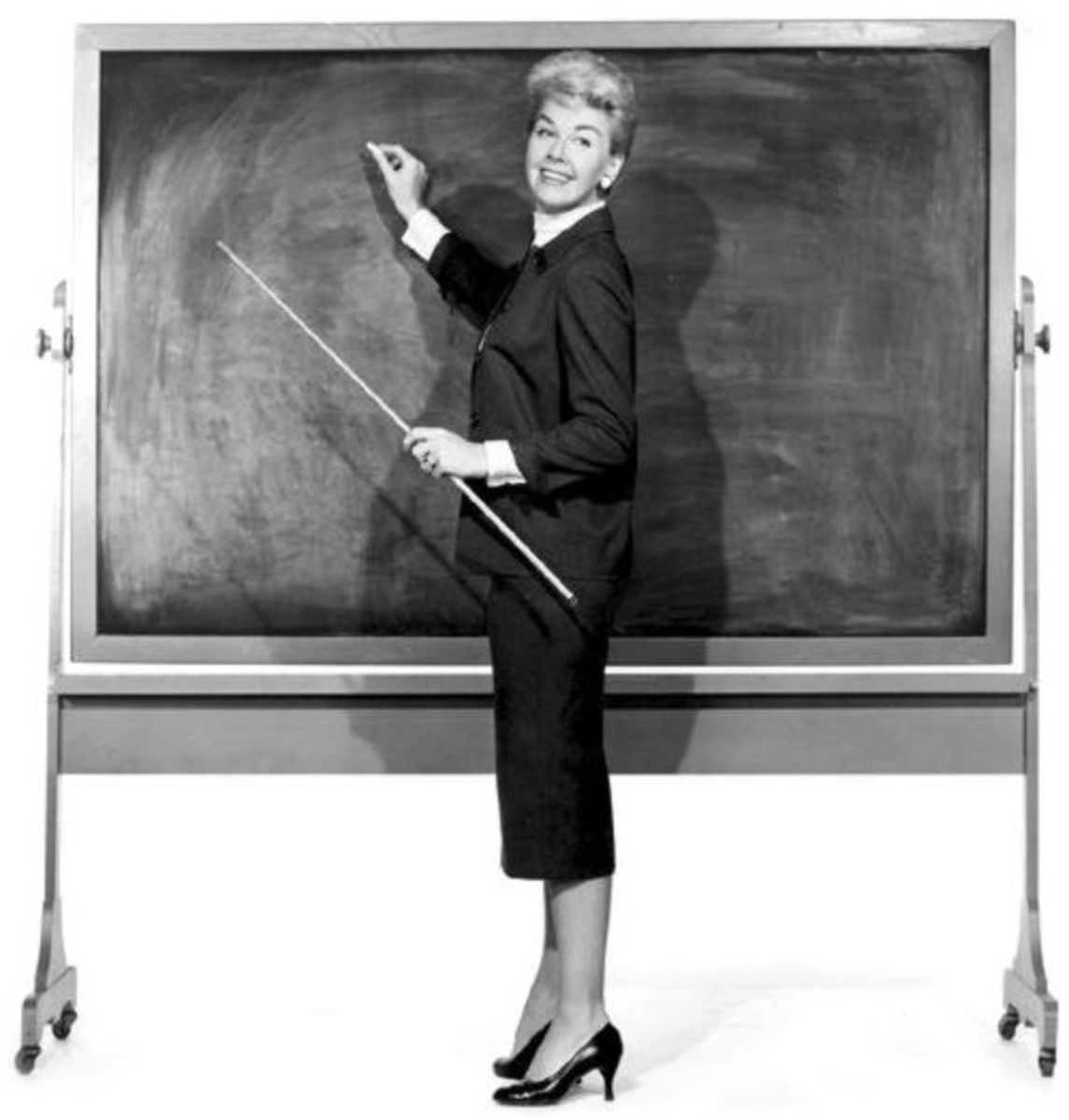The Defiant Child "He's on the Roof!"
"Please report any accidents or unusual occurrences to the school office."
This is an item on a checklist often given to a substitute teacher upon arrival at the assignment.
When I read it, it made think of some of the unusual experiences I had experienced in the past.
I remembered the nine-year-old flasher and the kid who liked to throw dirt into the air and inhale it. I recalled the child who desperately begged me to "adopt and hide" her, and the boy who "didn't notice" an angry-looking black and blue swelling that almost closed one eye. All of these experiences had been reported to the teacher and the office staff at each particular school.
In fact, my experiences varied so much, that it seemed "unusual" to NOT have an "unusual occurrence". Since I worked in a lot of special ed. classes there were many unique circumstances. All of them had been duly reported.

I particularly remembered the "roof climber".
Easily leaping upon a porch handrail, this athletic sixth-grader grasped a drainpipe and the edge of the roof as he quickly hauled himself up to the top of the building. For him it was merely an easy way to retrieve an errant soccer ball.
Even though the feat was accomplished with aplomb, (this kid could have been a James Bond stuntman with no additional training). I had to report the incident to protect others from trying to imitate the action. His peers were properly awed and impressed. Secretly, so was I though I felt a little surge of fear and helplessness.
In a private conference with the "superkid" I told him that though I personally admired his athleticism, his action was setting a bad example for others who might hurt themselves by trying to do something similar.
He accepted my tacit admiration and my official responsibility to report his actions to the office.
At the end of the day I reluctantly told the school secretary that I needed to report an "unusual incident". Substitute teachers, me included, are not inclined to draw attention to happenings that indicate we are not in total control of everything.
We hope to keep the kids from climbing the walls, but when one actually summits the roof . . . well, it seems a little embarrassing.
The secretary immediately asked me if it was "J _____" (mentioning the culprit's name). She had guessed right ! Imagine!
And she seemed not the least bit surprised. This was somewhat reassuring, as it proved that the incident may NOT have been all that unusual.
She waved adieu with a " that's the way it is" kind of half-smile. Even though this particular school staff might have not been surprised at this particular incident, sub teachers always need to inform the returning teacher, or an administrator.
Such observations can be important even though we we may not be able to judge or analyze any particular behavior or the reason for it. We do not know the whole situation or context. It might be part of a bigger picture, and we could be faulted for not reporting something which could be a symptom of potential problems.
I once heard a substitute complaining that if she reported problems it would reflect on her ability to control the class. Sometimes there is an element of truth in this, and we have to be willing to look at things we might have done differently.
However, we shouldn't get too defensive. The district sub caller did not request you for Divine Intervention, you were called as a sub teacher.
If, at times, you are unable to work a miracle we can call it a "learning experience" day. It's always important to ask yourself if was something you could have done to keep the "unusual" from happening.
Sometimes your best efforts fit into to that category of those best laid plans of mice and men.






